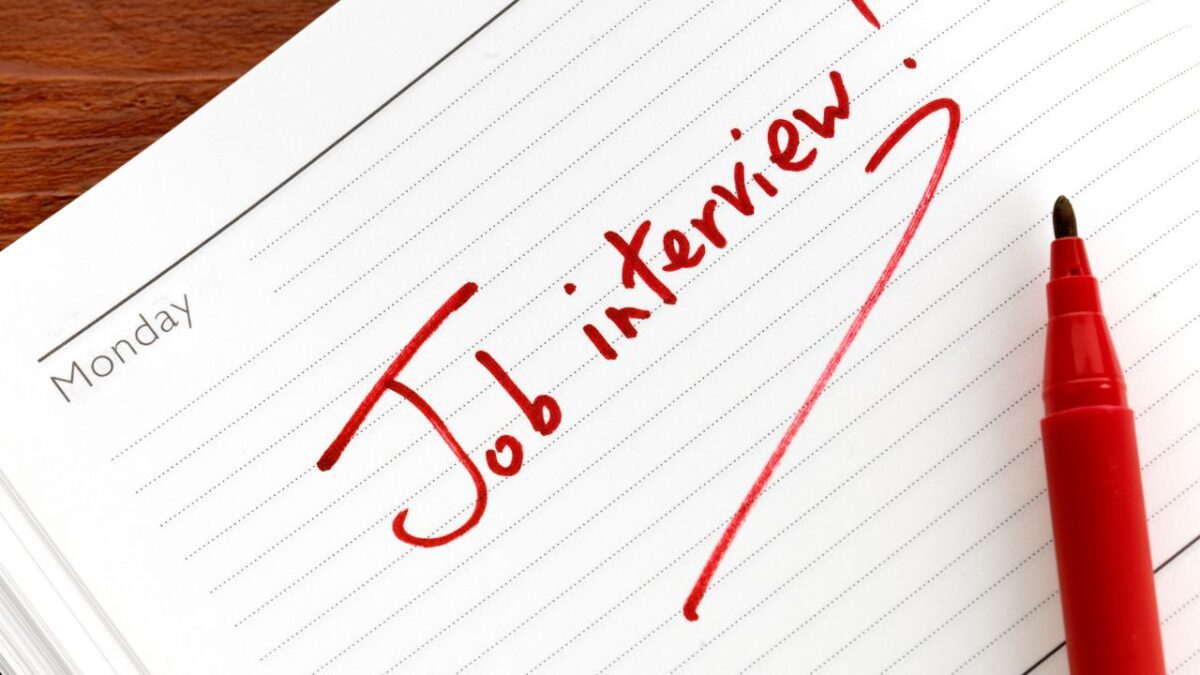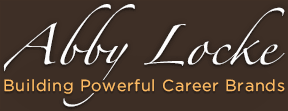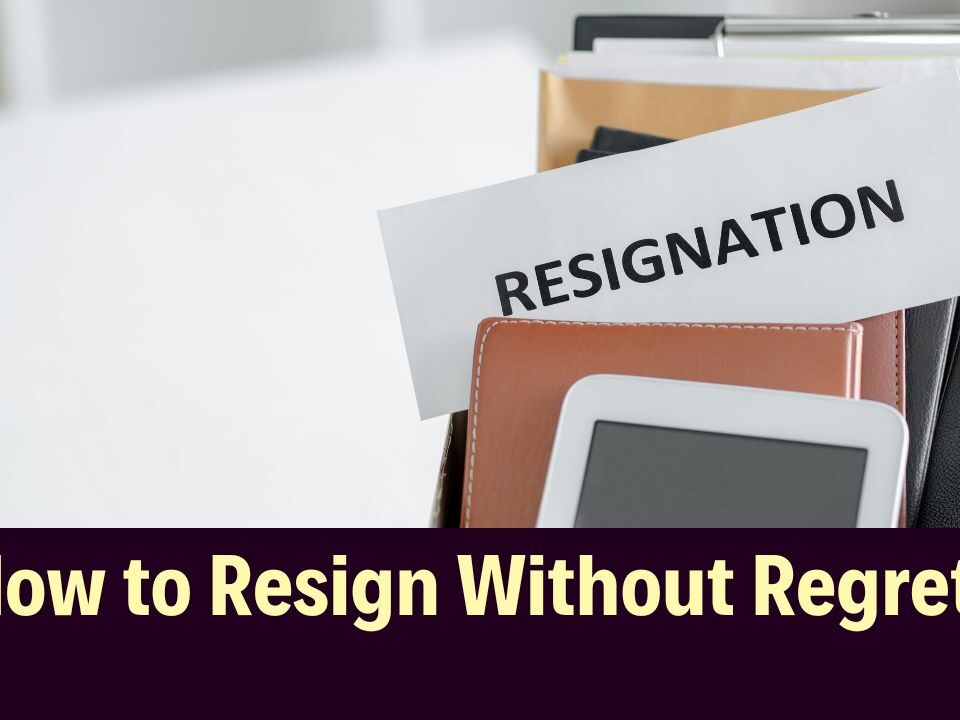
Face-to-face interviews continue to be one of the most stressful part of the job search for many individuals.
Up until this point, you have been able to hide behind your resume and LinkedIn profile, but interviewing is still the path to the final selection.
Often it takes several interviews to get to the job offer, but what happens when you are turning into a “one-interview” person during your job search?
Why are you not being called back for second interviews?
Let’s talk about the top ten critical mistakes that might be blocking you from your next interview:
Arriving late to the interview (in-person or virtual)
Arriving late or showing up distracted or disorganized makes a strong negative first impression and can raise questions in the about your reliability, punctuality and work ethic.
Always allow extra time for getting to a new location or doing practice with technology to ensure minimal glitches during online interviews.
Inappropriate dress attire, grooming or poor lighting
Nothing is wrong with dressing the part, but do research to learn more about the company’s work and dress culture.
Going through an online interview still means getting FULLY dressed, not just from the waist up.
There have been enough embarrassing stories from Zoom meetings where professionals forgot that others can see everything…and I mean everything.
Failure to do research about the company
Show you are interested in the company for by doing some outside research before the interview.
This attention to detail sends a clear message to the interviewer that you are serious about the position and have a genuine interest in the company’s goal and mission.
Doing research also helps you determine if the company’s values and culture are a good match for you.
Not aligning experience and skills with the position
Interviewers want to know more than just the background, degrees and expertise.
They are interested in the specifics of tasks you performed, challenges you have faced, and solutions you delivered for other companies.
Today’s interviews are behavioral style interviews, so it’s important to provide specific examples of how your experience and contributions make you a good fit for the new position.
When you are able to draw a clear parallel, you have a much higher chance of being successful in the interviewing process.
Not asking intelligent questions about the company or job
The interviewing process is a two-way street.
It’s not just an opportunity for the company to evaluate your fit, it’s your chance to assess how well the company and the role matches your long-term career goals.
Avoid asking questions just for the sake of asking questions. Intelligent, poorly-worded questions can frequently do more damage to your reputation than remaining silent.
Failure to practice interview questions
Even the best public speakers need to take the time to practice delivering and answering detailed questions.
The more you practice with handling interview questions, especially the difficult ones, the more comfortable you will get with selling yourself confidently to different employers.
Talking too much or not talking enough
The best interview answers are succinct but detailed.
When you get nervous and start rambling during Interviews, you come across as unsure, ill-prepared and not confident.
On the other hand, professionals who easily get frozen and appear shellshocked come across as being in over their head.
Neither of these scenarios is ideal, just remember to be natural and engage in the conversation…interviewing is a professional conversation.
Bad-mouthing previous managers or companies
One of the fastest ways to turn off an interviewer is to bad-mouth your current or previous employer.
This raises questions about your loyalty and integrity, and labels you as unhappy and a complainer, so keep all negative commentary to yourself.
Where necessary, put a positive perspective on what you learned from your previous work situation.
Failing to explain and demonstrate perfect fit
Make it easy for the interviewer for hire you by connecting your experiences, talents, and strengths to the job description.
Not openly asking for the job
Once the interview has concluded, if you want the job, let the interviewer know immediately.
Show enthusiasm, strong interest and a desire to move forward in the hiring process.
A lot of interviewing can be both objective and subjective, but remember to take direct actions on the things you can control.




